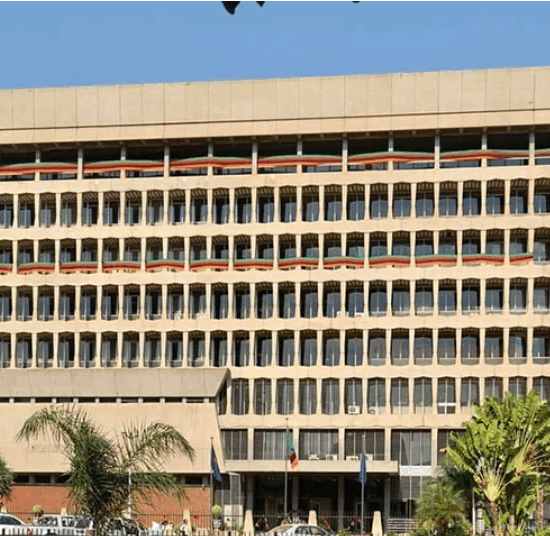
The Bank of Zambia – BOZ has increased minimum statutory reserve ratio by 4 percentage points to 9 % from the current 5 % in a bid to safeguard the stability of the market in order to rein in the adverse impact of the recent exchange rate developments on inflation.
The Bank has announced to all commercial banks that with effect from Monday, December 9, 2019, the minimum statutory reserve ratio on both local and foreign currency deposits including government deposits and Vostro account deposits will be increased by 4 percentage points.
In a statement made available to the Zambian Business Times – ZBT on December 9, 2019, Bank of Zambia Deputy Governor in Operations Francis Chipimo states that in terms of compliance, the revised statutory reserve ratio to 9% will be effected based on the weekly return of selected assets and liabilities as at Wednesday December 18, 2019.
Furthermore, commercial banks will be required to comply with statutory reserve requirements on both local and foreign currency liabilities on a daily basis as opposed to the weekly compliance currently in place.
The Central bank has reiterated that these measures are aimed at restoring and safeguarding stability of the market in order to rein in the adverse impact of the recent exchange rate developments on inflation.
It has since pledged its commitment to closely monitor developments in the macroeconomic environment and that it stands ready to take appropriate action as and when the need arises.
Meanwhile, in response to the act, Bankers Association of Zambia – BAZ Chief Executive Officer Leonard Mwanza said despite how hard the decision by BOZ could be, it was inevitable, considering the prevailing market situation on the free flow of kwacha.
Mwanza has explained in an exclusive interview that the decision was made to ensure that Kwacha is checked to stabilize the wider economy despite how painful it could be for the industry and create tight liquidity.
“We have acknowledged the decision by BOZ to increase the reserve ratio from 5% to 9% percent and we understand that the decision was inevitable especially in this current situation. The decision may be tough on the industry as it will now require banks to report their net positions on both local and foreign liabilities and it will put pressure on the cost of funds, but an action had to be made.” He added







